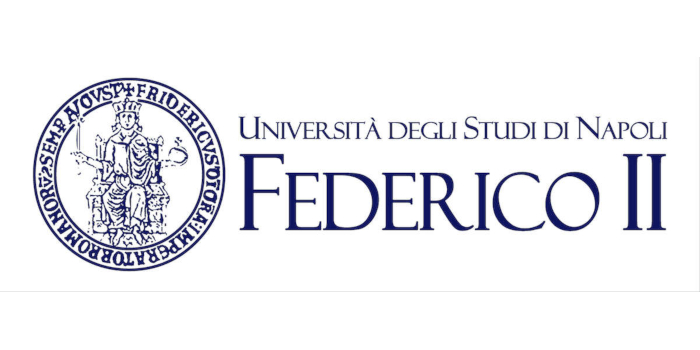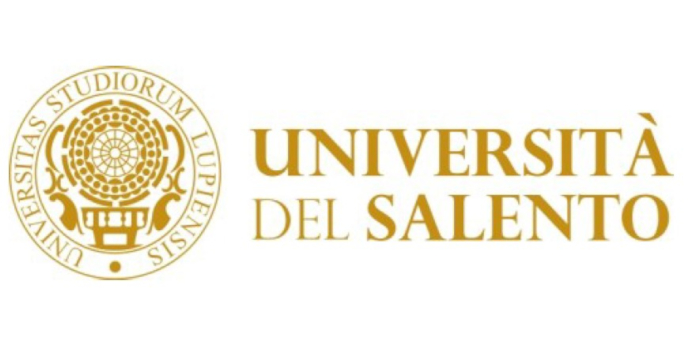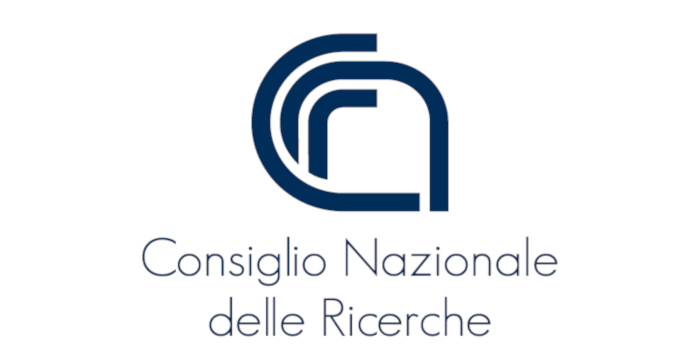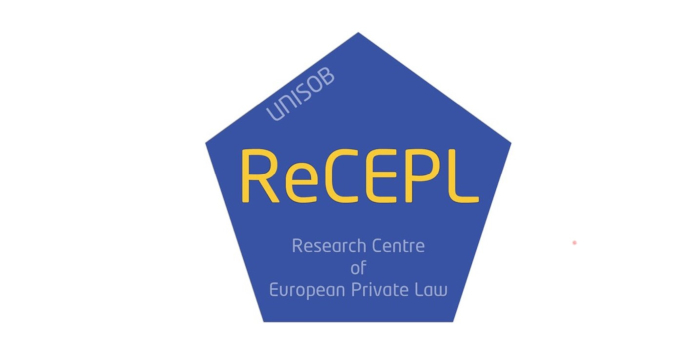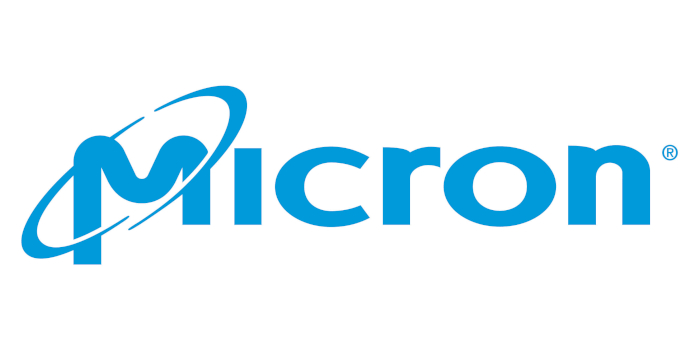eXtended Reality as a gateway to the Metaverse: Practices, Theories, Technologies and Applications
ORGANIZED BY
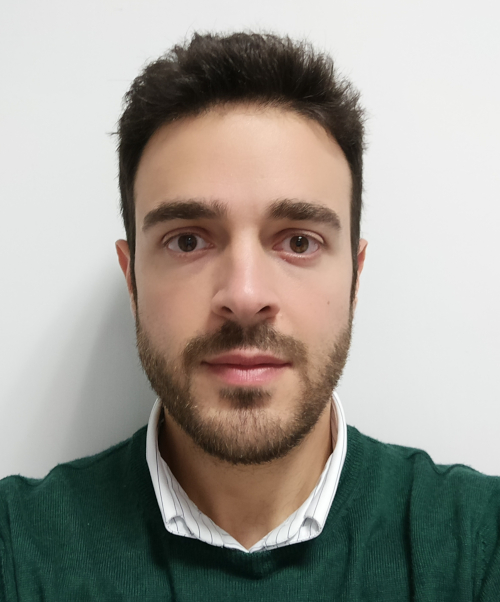
Giuseppe Caggianese
National Research Council of Italy, Napoli, Italy
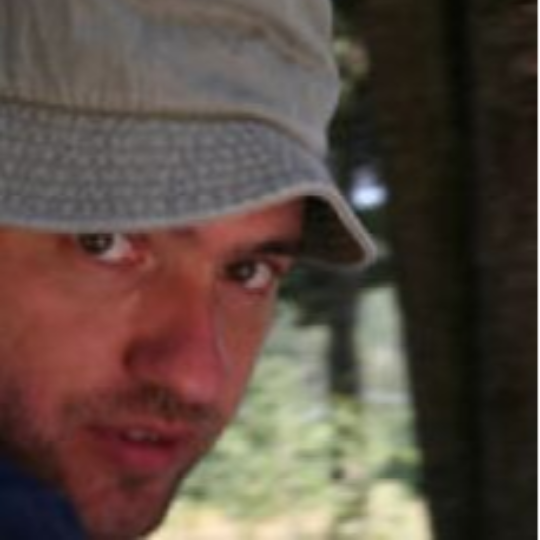
Ugo Erra
University of Basilicata, Potenza, Italy
ABSTRACT
The fast development of Virtual Reality (VR), Augmented Reality (AR), and Mixed Reality (MR) solutions over the last few years are transforming how people interact, work, and communicate. The eXtended Reality (XR) term encloses all those immersive technologies that can shift the boundaries between digital and physical worlds to realize the Metaverse. According to tech companies and venture capitalists, the Metaverse will be a super-platform that convenes sub-platforms: social media, online video games, and ease-of-life apps, all accessible through the same digital space and sharing the same digital economy. Inside the Metaverse, virtual worlds will allow avatars to carry all human endeavours, including creation, display, entertainment, social, and trading. Thus, the Metaverse will evolve how users interact with brands, intellectual properties, and each other things on the Internet. A user could join friends to play a multiplayer game, watch a movie via a streaming service and then attend a university course precisely the same as in the real world.
The Metaverse development will require new software architecture that will enable decentralized and collaborative virtual worlds. These self-organized virtual worlds will be permanent and will require maintenance operations. In addition, it will be necessary to design efficient data management system and prevent privacy violations. Finally, the convergence of physical reality, virtually enhanced, and an always-on virtual space highlighted the need to rethink the actual paradigms for visualization, interaction, and sharing of digital information, moving toward more natural, intuitive, dynamically customizable, multimodal, and multi-user solutions.
TOPICS
The topics of interest include, but are not limited to, the following:
- Hardware/Software Architectures for Metaverse
- Decentralized and Collaborative Architectures for Metaverse
- Interoperability for Metaverse
- Tools to help creators to build the Metaverse
- Operations and Maintenance in Metaverse
- Data security and privacy mechanisms for Metaverse
- Cryptocurrency, token, NFT Solutions for Metaverse
- Fraud-Detection in Metaverse
- Cyber Security for Metaverse
- Data Analytics to Identify Malicious Behaviors in Metaverse
- Blockchain/AI technologies in Metaverse
- Emerging Technologies and Applications for Metaverse
- New models to evaluate the impact of the Metaverse
- Interactive Data Exploration and Presentation in Metaverse
- Human factors issues related to Metaverse
- Proof-of-Concept in Metaverse: Experimental Prototyping and Testbeds
ABOUT THE ORGANIZERS
Giuseppe Caggianese is a Research Scientist at the National Research Council of Italy. He received the Laurea degree in computer science magna cum laude in 2010 and the Ph.D. degree in Methods and Technologies for Environmental Monitoring in 2013 from the University of Basilicata, Italy.
His research activities are focused on the field of Human-Computer Interaction (HCI) and Artificial Intelligence (AI) to design and test advanced interfaces adaptive to specific uses and users in both augmented and virtual reality. He authored more than 30 scientific papers published in international journals, conference proceedings, and books. He also serves on program committees of several international conferences and workshops.
Ugo Erra is an Assistant Professor (qualified as Associate Professor) at the University of Basilicata (UNIBAS), Italy. He is the founder of the Computer Graphics Laboratory at the University of Basilicata. He received an MSc/diploma degree in Computer Science from the University of Salerno, Italy, in 2001 and a PhD in Computer Science in 2004. His research focuses on Real-Time Computer Graphics, Information Visualization, Artificial Intelligence, and Parallel Computing. Has been involved in several research projects; among these, one project was funded by the European Commission as a research fellow, and four projects were founded by Area Science Park, a public national research organization that promotes the development of innovation processes, as principal investigator. He has (co-)authored about 14 international journal articles, 45 international conference proceedings, and two book chapters. He supervised four PhD students. He organized the Workshop on Parallel and Distributed Agent-Based Simulations, a satellite Workshop of Euro-Par, from 2013 to 2015. He served more than 20 international conferences as program committee member and more than ten journals as referee.


